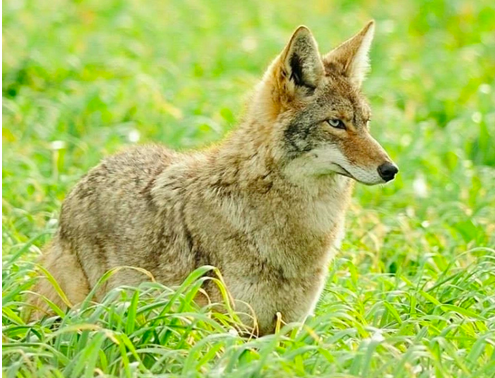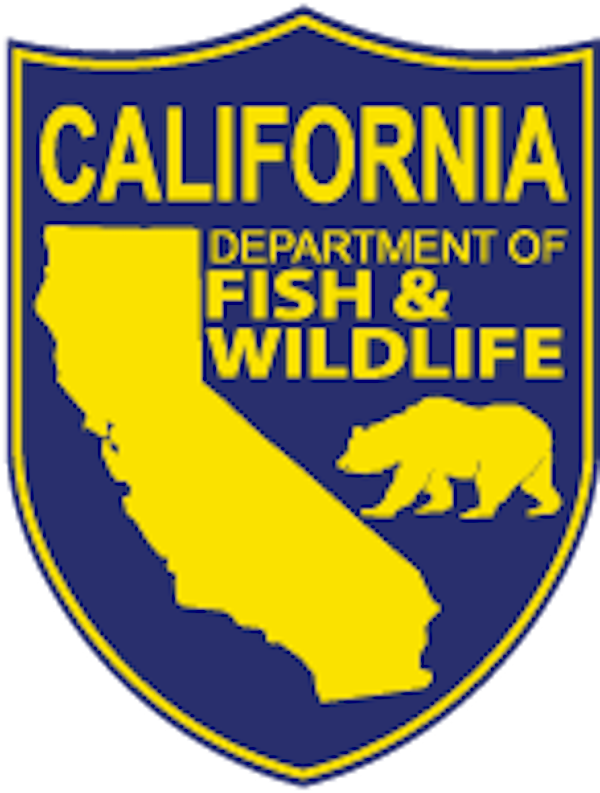From Sportfishing
Fish Report for 4-9-2020

Dealing with Nuisance Coyotes
4-9-2020
California Department of Fish & Wildlife
Question: I have lived in Aptos for 25 years and have never seen the coyote problem as bad as it is now. They are killing animals in the area, including beloved pets. We won’t let our dog out at night alone because we hear them yipping nearby, and they wake us up three to four times a week. Is it possible to trap, neuter and relocate (preferably somewhere else)? (Shelly)
Answer: Living with wildlife can bring challenges. Coyotes have adapted to diverse habitats across California, including urban and residential areas. They avoid humans by nature, but their behavior can change when they are allowed access to food sources, either intentionally or inadvertently. When coyotes become habituated to humans, they lose their fear and can cause property damage. Human-coyote conflicts can arise when a coyote goes after a pet or small livestock for food.
It is important to identify and remove potential attractants, or access to those attractants, from your property. This includes securing garbage and removing access to pet food and water, especially at night. Keep pets indoors at night and small livestock or poultry in fully secured enclosures. Eliminate areas on your property that coyotes could use for shelter such as openings under porches, dense bushes or low vegetation that provides cover. Also consider installing motion-activated lights and “coyote rollers” on fences to prevent coyotes from entering an enclosed yard. (A “coyote roller” is a rolling device installed at the top of a fence that prevents coyotes from using their front legs to hook over the fence to scale it. They have been shown to be effective if coyotes are coming into your property over the top of your fence.)
As per California Fish and Game Code, section 4152, you do not need a hunting license to take a coyote that has damaged your property. Nor do you need to apply for a depredation permit to remove a coyote that’s injured or killed your pets or livestock. If you plan to legally remove an animal because of damaged property, please check with your city or county to ensure you’re following all local ordinances, laws and regulations. Coyotes that are trapped may not be released elsewhere. You can also submit a wildlife incident report using the “Report a Wildlife Incident” tool on the California Department of Fish and Wildlife (CDFW) website.
Unfortunately, the trap, neuter and release model is not a feasible or effective method of population control for wildlife. Coyotes have an important role in our ecosystem and help control rodent populations. Safe coexistence with wildlife is possible.
< Previous Report Next Report >
More Reports
California Department of Fish & Wildlife Reports
for Thursday, April 9th, 2020
• California Fish and Game Commission Emergency Meeting Will be Rescheduled for Next Week
• Making your own barbless hook?

4-7-2020
The California Fish and Game Commission will remotely meet to discuss delegating temporary authority to the California Department of Fish...... Read More

Website Hosting and Design provided by TECK.net